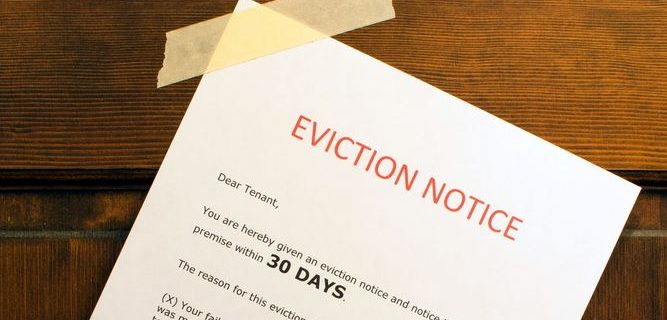
Photo: Realtor.com
Oct. 29. Gov. Roy Cooper has issued Executive Order No. 171 requiring landlords to make residential tenants aware of their rights under the last month’s order from the Center for Disease Control and Protection. The CDC put a temporary residential eviction moratorium into effect nationwide through Dec. 31 to protect tenants from eviction for nonpayment of rent.
Apply for help by calling 2-1-1 or going to nc211.org/hope.
There was apparently confusion over who the order protects, causing inconsistent enforcement and unwarranted evictions in some parts of the state.
Some 300,000 to 400,000 households across North Carolina are currently unable to pay rent.
Under Executive Order No. 171, landlords must give residents the option to fill out a declaration form before starting any eviction action.
With COVID-19 case counts increasing and many people continuing to work and learn remotely, preventing evictions is considered critical to the state’s fight against the pandemic.
The governor’s order supplements the existing NC HOPE initiative started two weeks ago that pays landlords and utilities directly to keep people in their homes with the lights on.
Cooper said the order will enable more North Carolinians to stay in their homes, more landlords get paid rent—and fewer utilities shutting off power.
Executive Order No. 171 also clarifies the CDC moratorium so that it clearly applies to all North Carolinians who meet the CDC’s eligibility criteria, regardless of whether they live in federally-subsidized properties. The Order ensures that recipients of the N.C. Housing Opportunities and Prevention of Evictions (HOPE) program are still able to qualify and that these renter protections will apply to North Carolinians regardless of the CDC Order’s status in other courts.




